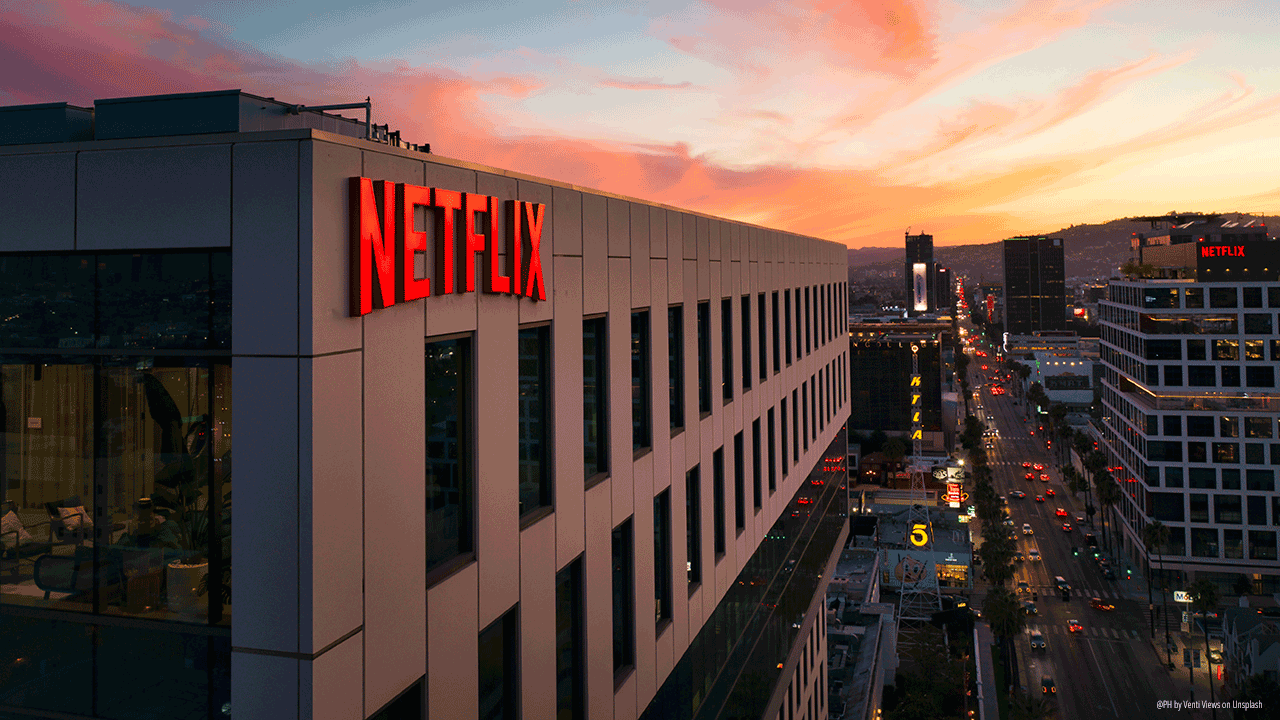Netflix has reportedly decided to suspend upcoming productions in Denmark.
The disagreement between the Danish audiovisual industry and the notorious streaming platform allegedly concerns rising production costs in the country, due to a rights agreement signed by the Danish Audiovisual Producers Association and Create Denmark (representing the Danish actors’, screenwriters’, and directors’ unions). This pact between the two entities would aim at better remuneration for workers engaged in audiovisual work.
Under the new agreement, artists who had given up their rights in exchange for a lump sum will now be paid on an ongoing basis. Netflix, which recently launched a new season of Borgen (Denmark’s most popular series) would not be the only one to have stopped production in the country: before that, TV2 Play had also acted in the same direction.
Also in Denmark, the so-called Netflix Tax, which is the obligation for OTTs to reserve 6 percent of revenues generated in the country for local TV production and public TV support, has also come into effect. The money will be used to create Danish content.
The government’s decision is in turn based on a law that was passed in the EU in 2018 that requires global streaming services to have at least 30 percent European content in order to operate in Europe.
“Denmark must go as far as possible in providing a good public service to children and young people that can serve as a real alternative to big tech platforms and foreign content,” the Danish Ministry of Culture said.
He added that the fragmentation of the media landscape as a result of the entry of global streaming services “may challenge cohesion and democratic dialogue in our country.”
In 2021, France introduced a requirement to invest 25 percent of domestic revenue in French production, as is also the case in Canadian Quebec. Switzerland and Portugal have introduced similar measures, and Spain is moving in that direction.

